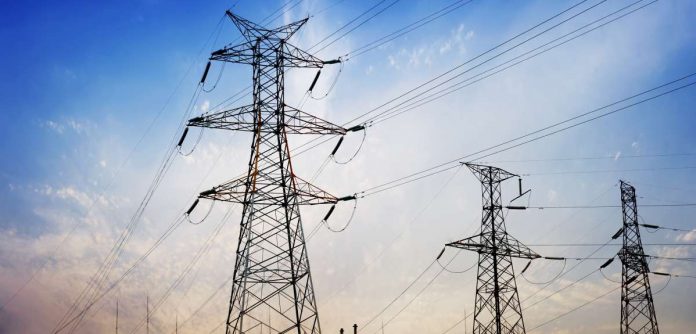It is a cheering news to hear that the World Bank and African Development Bank (AfDB) have pledged $30 billion to bring electricity to hundreds of millions of sub-Saharan Africans by 2030 under a programme dubbed Mission 300. They also expect that billions more may come from the private sector if the environment is favorable.
While Africans who have been deprived of access to electricity await eagerly for the take off of the programme, it is instructive to know that the fund is not coming without conditions, even though the conditions are meant to ensure sustainability.
According to reports, the lenders expect benefiting African countries to hold competitive tenders, prioritize renewable energy and cooperate with their neighbors to source the cheapest available electricity across borders through power pools.
They also say that the practice of winning votes by keeping electricity prices unsustainably low must also end.
Experts say reform will be politically difficult, but if it isn’t done poverty will remain entrenched. “A dearth of power means children can’t study at night, women spend hours collecting wood for cooking and small businesses struggle to run — that all stunts economic activity,” they say.
Of the 680 million people without access to electricity globally, 570 million live in sub-Saharan Africa. Solar mini-grids, more transmission lines and a rapid buildout of renewable power can help address that problem.
According to Bloomberg, African leaders are due to gather in Dar es Salaam in Tanzania at the end of the month to sign up to Mission 300 and the tough trade-offs should they agree. Nigeria, the Democratic Republic of Congo, Chad and Ivory Coast are among 13 nations that will present plans.


